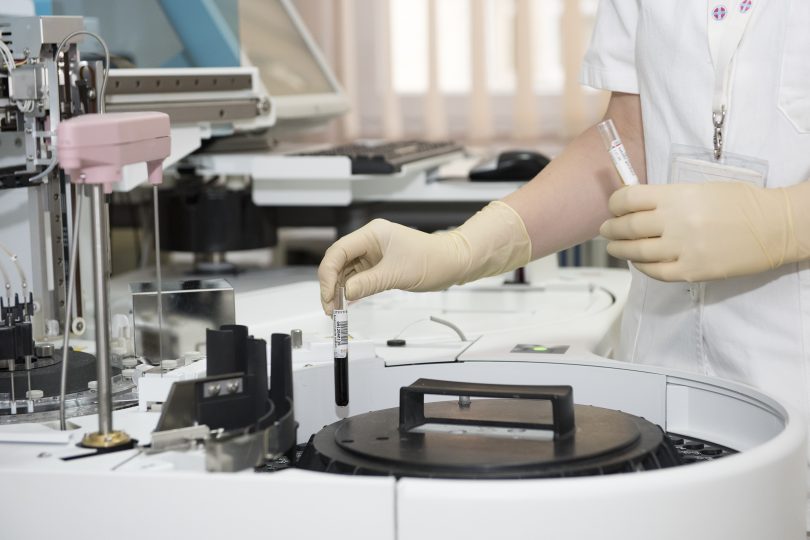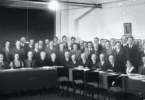Despite the narrative of scientific research and discovery being dominated by men, women have had a hand in driving science forward throughout history. Today women have made significant strides, but many fields remain male-dominated. However, many women perservere against stereotypes and in spite of discouragement—not for recognition; but because they, like any scientists; are driven to study, explore, and lead the way through scientific progress. ResearchGate, an online hub by and for scientists, sat down with several women researchers to discuss their work, advice for women pursuing careers in science, and more.
researchgate.net – While gender parity remains a significant problem in STEM research—according to UNESCO, women account for just 28% of researchers worldwide—female scientists are also making major contributions in male-dominated fields. We speak with some of those women about their work and ask them what advice they have for aspiring scientists.
Brooke Anderson Thornton
Mission Operations Manager – NASA
ResearchGate: Could you tell us a bit about your work?
Thornton: I am the Mission Operation Manager for the Stratospheric Aerosol Gas Experiment (SAGE) III on International Space Station (ISS). I oversee the operations of the instrument on the space station. The number one priority is to ensure the instrument is working properly, and we do this by monitoring temperatures, voltages, currents, and other information from the instrument to ensure it is operating within its limits. We also develop and execute the commands that operate the instrument, download the science data from the instrument, and coordinate ISS activities and special science requests.
RG: When you were entering your field, were there women you looked to as science role models?
Thornton: When I first began at NASA, I was performing radiation analysis on new concepts for space suits and habitats. During my research, I encountered some of the work that Dava Newman had done at MIT. Her use of multi-disciplinary research on the space suit gave me the motivation to look into how different materials could not only provide radiation protection, but also support other systems including structural and thermal support. Now it’s great to see that her hard work has propelled her to Deputy Administrator at NASA, and this continues to motivate me to work hard knowing the possibilities I could reach.
RG: What advice would you give young women thinking of pursuing careers in science?
Thornton: My advice to young women is to have determination and not take things personally, especially negative feedback. Know that you will make mistakes and people will call you out on them. When this happens, it’s easy to take it personally and let it lower your self-esteem. Criticism doesn’t mean you’re not a good scientist or engineer! You need to have determination: learn from it, correct it, and continue to work hard; then you will earn respect from your colleagues.







